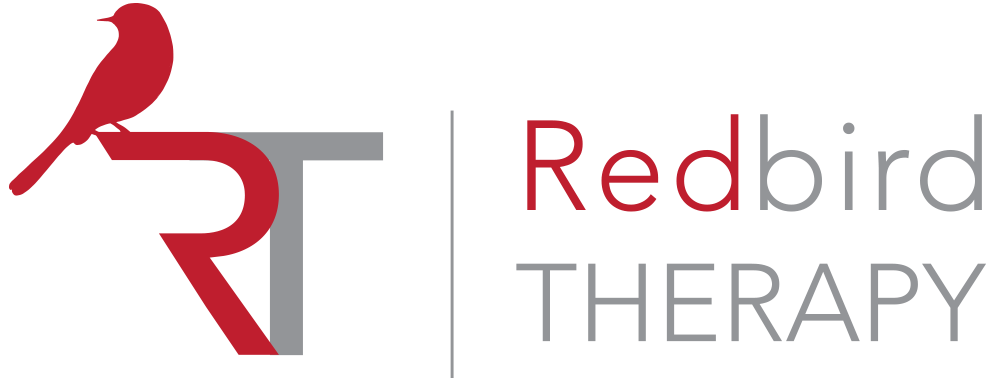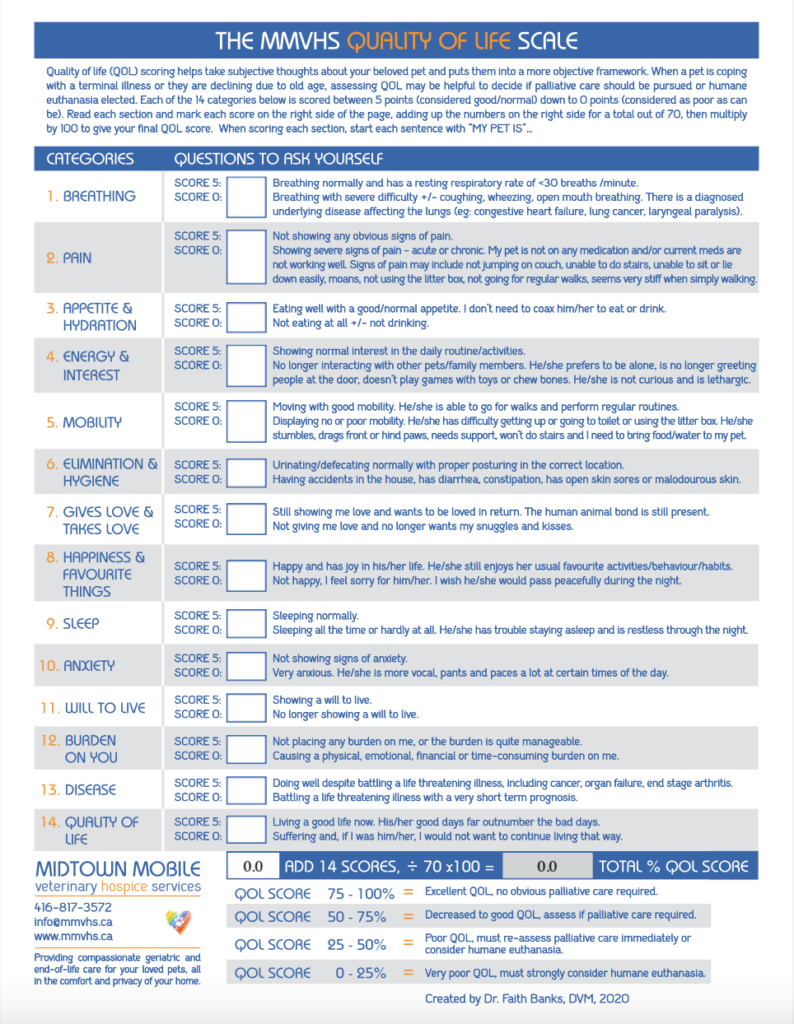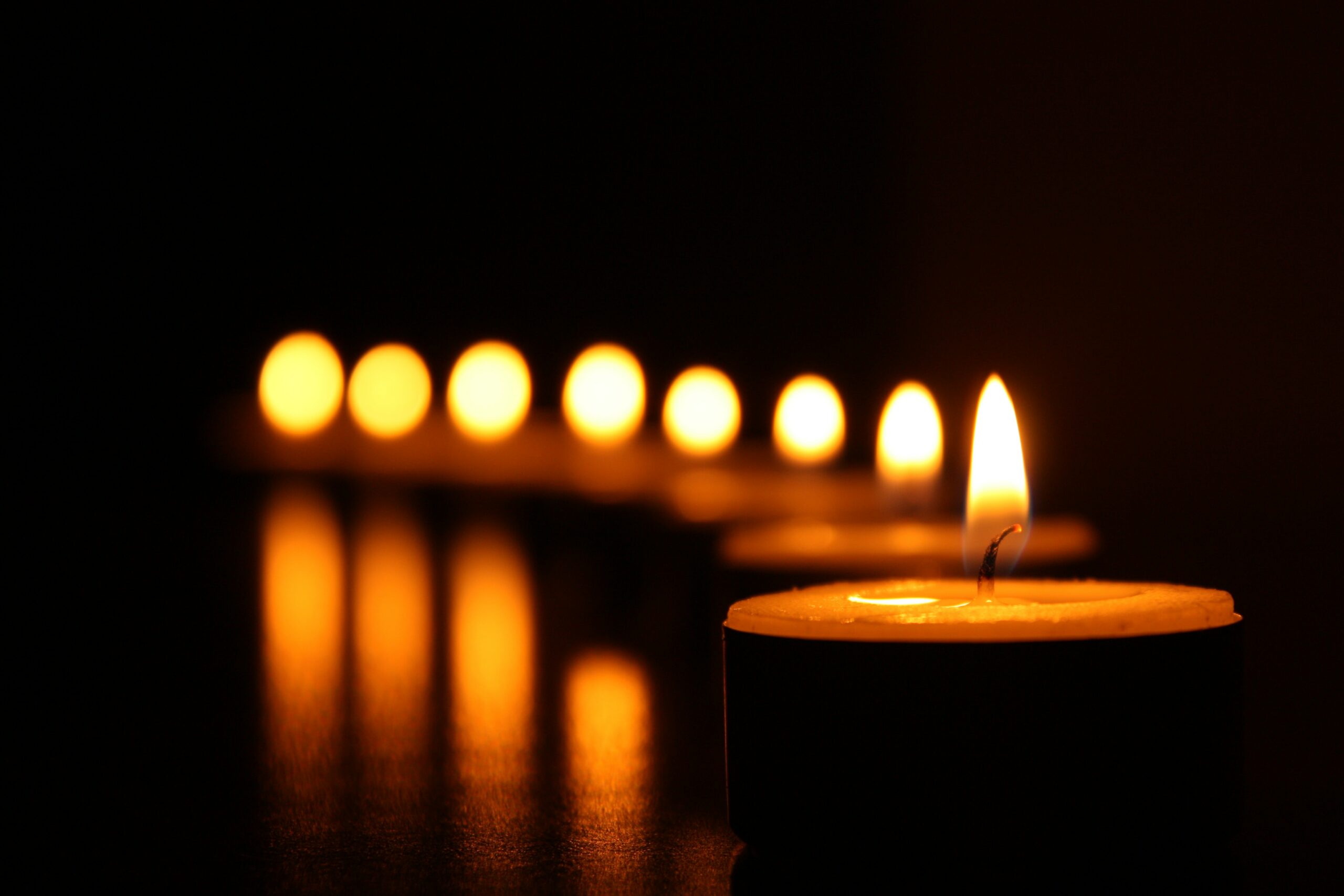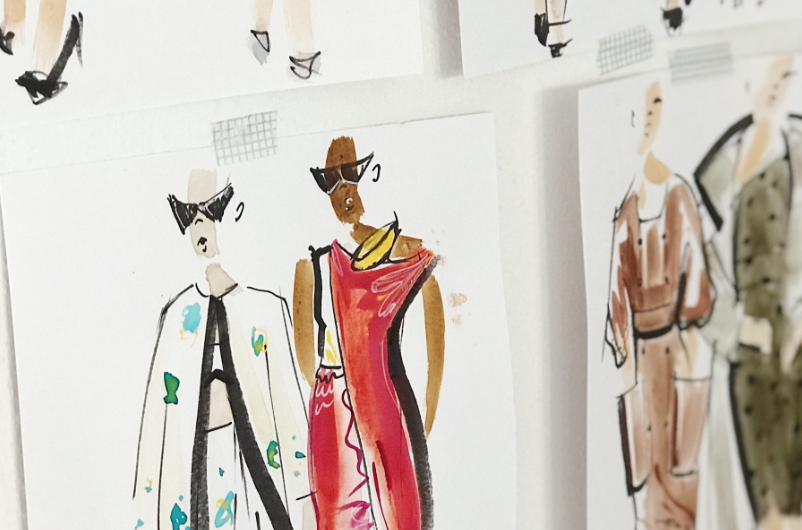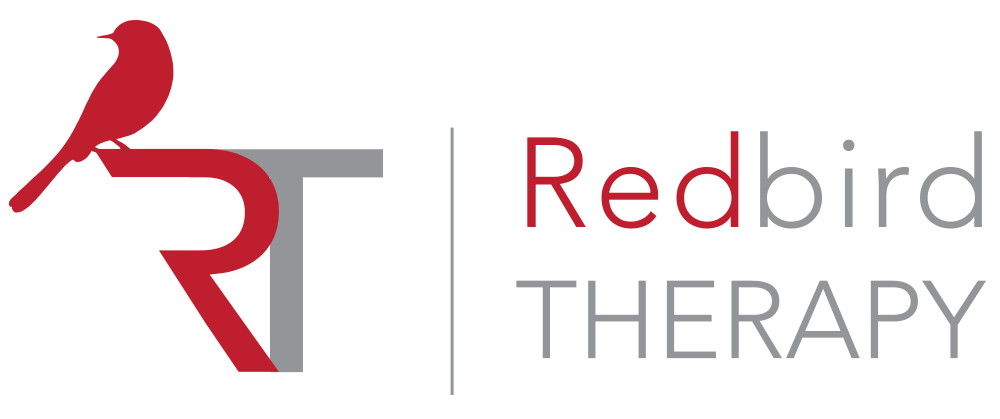By: Myroslava Tyzkyj, RP & Registered Veterinary Technician
There was a time when animals played strictly a functional role in our lives. They carried supplies, pulled equipment, guarded property or kept rodents at bay. The relationship was transactional more than emotional. While this is still the case in many places, the role of animals in our lives has expanded enormously. Their role has moved from the outside in, from being beasts of burden to companions inside the home, waiting for scraps and snuggles, to full blown members of the family. This is obvious in the markets that have opened up for pet clothes, furniture, specialized food, spaws, daycares, and not least how they have taken over the internet (cats, I’m looking at you!).
We love our pets whether they’re chickens, horses, cats, dogs, hamsters or fish. I’ve even seen someone “adopt” an injured bumble bee and care for it for the remainder of its 28 days and grieve when it’s life came to a natural end. They bring us so much love, joy, entertainment and a sense of responsibility and loyalty. With animals we can open our hearts to be loved in ways that can be challenging to do with our imperfect human companions.
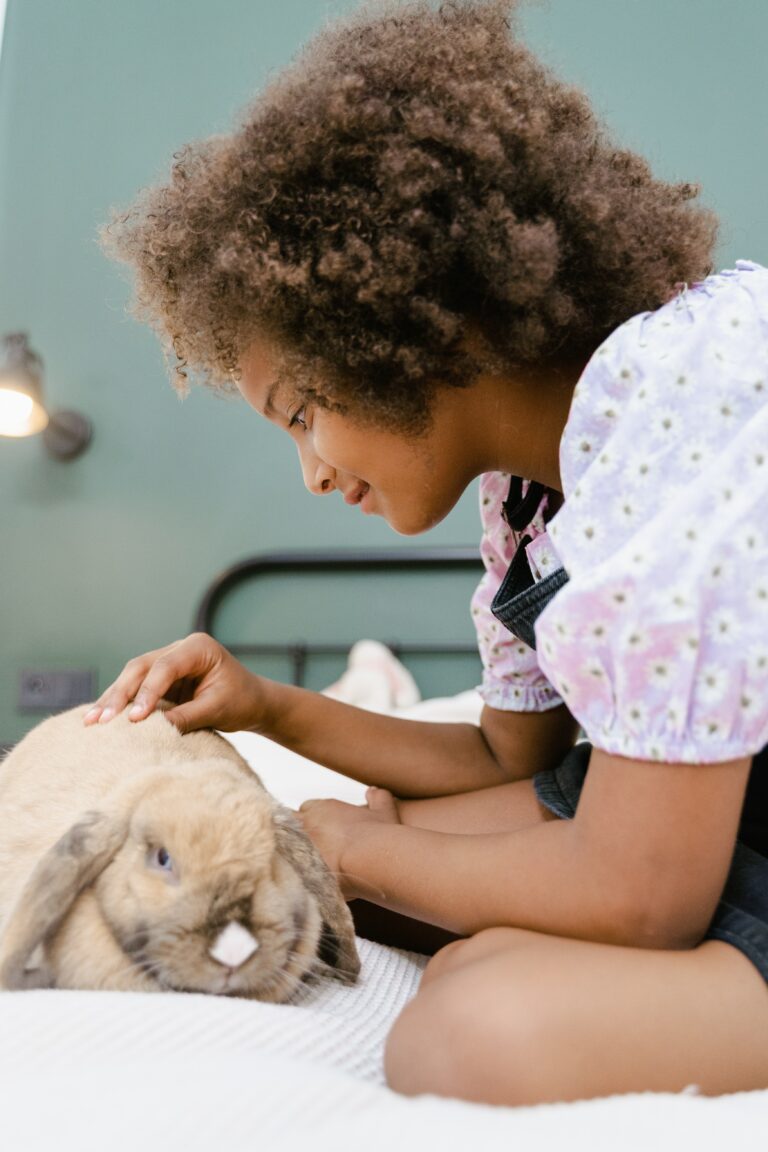
Along with all the joy that comes with the unconditional love a pet can bring, inevitably comes the heartbreak when it comes time to say goodbye. For some, this grief is part of the cycle of life and can be moved through gently, but for others, the pain this loss generates can become overwhelming and unmanageable.
Grief is more than just sadness. There’s guilt involved, anger and sometimes even relief. Perhaps you feel guilty that you didn’t catch an illness sooner, or that you couldn’t afford treatment and elected to euthanize. Sometimes you can feel guilty at the sense of relief that your pet’s suffering is over.
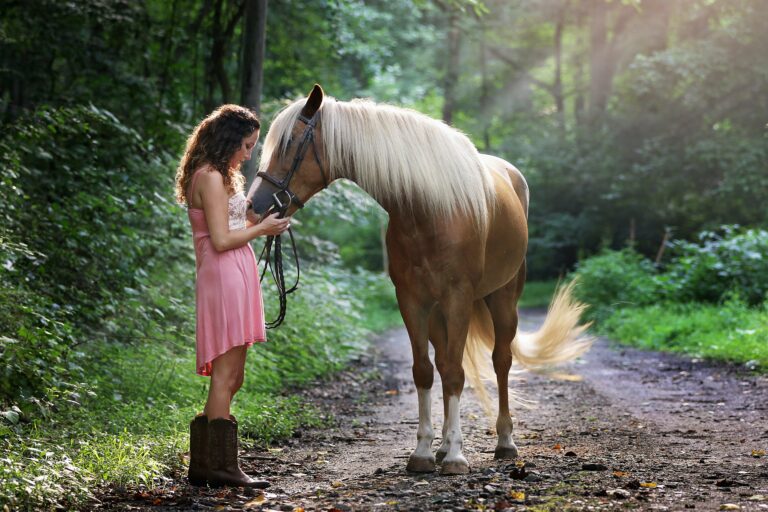
You may feel angry that there weren’t more options for care, angry at the unfairness of death, or even angry at being left. That’s okay. Many people feel this way. There may also be relief, which can at times feel like a difficult emotion to feel. You, of course, don’t want to say good-bye, and yet loving your animal companion to the other side, to less suffering for them and for you, can sometimes feel like a burden’s been lifted. I will say it again – it’s okay. These are common and normal feelings.
Grief doesn’t start once your fur baby has died. We can have what’s called anticipatory grief. In the case of an illness such as cancer where you can’t really predict the outcome, or kidney disease where we know there will be a more limited life for our pet, there can be a lot of difficult questions and decisions. The decision to follow through with treatment or bypass the animal’s suffering and euthanize before suffering has begun requires we ask ourselves –Who am I doing this for? Is this for me or my pet?
Some people are surprised by how losing a pet can knock us on our behinds. Some don’t even realize how attached they were until the pet is gone. Grief over a pet can sometimes be confusing when the humans in our lives don’t elicit the same kind of response. The truth is, we grieve because we become attached, because we have loved. Grief isn’t based on genetics or even proximity, grief is a mirror of space we hold for our animals in our hearts.
The cost of veterinary care can play a major role in whether or not you are able to pursue treatment for your beloved pet. Most treatments of chronic illnesses can cost thousands of dollars with no real guarantee that you will have your pet for a good amount of time. This can cause a division between those who want to treat and can afford to), and those who want to treat and can’t. Not being able to do everything possible to care for your trusted companion can be guilt and shame inducing.

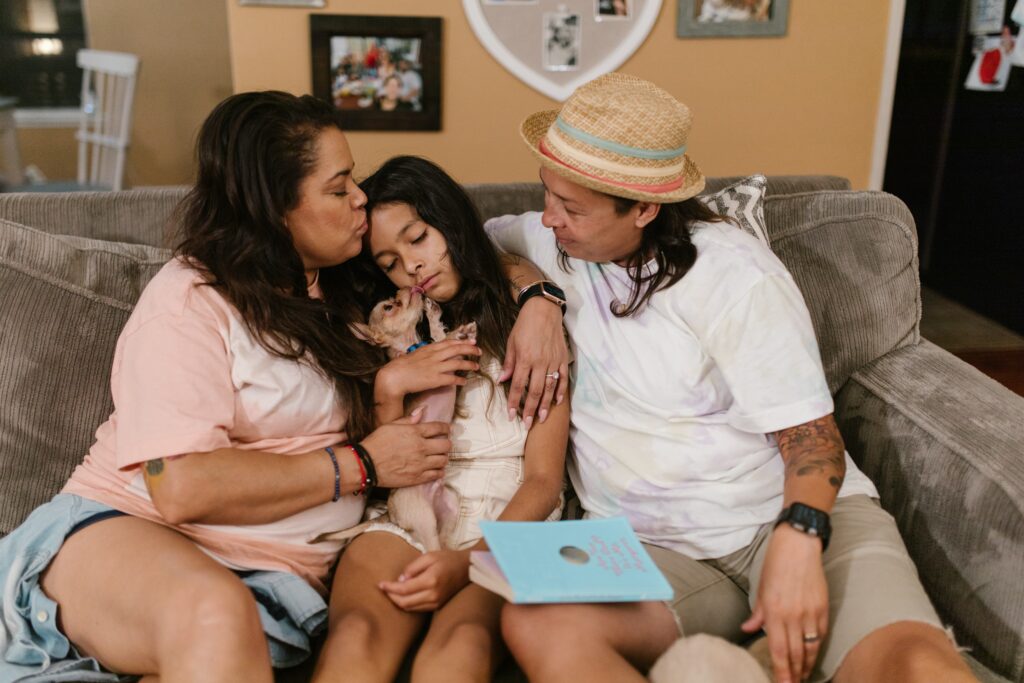
Pet Loss Stigma
While being sad when a beloved pet dies is quite normal, it can sometimes be difficult to move through the grief because of the stigma that is attached to it. We may find that there are people in our lives who won’t understand. They may say things like “it was just a cat” or “you can get another bird”, as if the emotional connection that was built over time can just be replaced. Even worse is when the emotional connection we have with our animals isn’t taken seriously. This type of attitude adds shame or embarrassment to our pain, making it even more difficult. When we feel alone in our pain we can become stuck in it, never allowing ourselves to feel the grief in order to move through it.
How does one know if it’s time to seek professional support?
Ask yourself if you are feeling “stuck” in your grief. We will always have bad days and better days – grief is always a nonlinear journey – but if your grief only seems to get heavier over time, it may be time to reach out. If you are withdrawing from family, friends, or find yourself having difficulty caring for or connecting with remaining pets it may be time to reach out. If you are having increasing trouble sleeping, or lacking motivation to carry on, or if you find yourself relying on drugs, alcohol, over-eating or limiting your eating to cope, it may be time to reach out. If you are feeling suicidal or hopeless for the future – run, don’t walk – to your nearest supports. This cannot be overstated.
For some people with histories of trauma, their pets are the only solace they can allow in a disordered reality, further complicating the journey through grief. If you have a history of trauma and you are struggling with the looming reality of end of life for your pet, or if the unthinkable has already come to pass, please reach out to your doctor or a therapist trained in treating PTSD. It’s essential to tend your trauma and make space to process your grief at losing your companion.
There is no point in sugar coating it. Grief can be vicious, especially in the early days. Ask for help, wherever you can. Share what you’re going through. Going it alone doesn’t make it easier.

Decision to Euthanize
We can’t talk about pet loss without talking about euthanasia. Medically assisted suicide has been growing among humans over the last several decades to where it is now legal in Canada, albeit strictly monitored. For as long as animals have been human companions they have bee considered “property” and not sentient beings in their own right (although this is now also changing). From this attitude about pets, euthanasia has been an option for animals for a very long time.
I know it’s hard to look at it this way when facing the loss of your loyal companion, and I believe that being able to alleviate a beloved pet’s suffering is the greatest act of love. It can also be the most agonizing decision of one’s adult life. Even though you may know you’re doing the right thing, you can still be plagued by feelings of guilt. Did I wait too long? Did I decide too soon? How – and when – do I make this decision? It can be so hard to know. It can be such a difficult decision steered by very difficult emotions. But you don’t have to make such an important decision alone. You can speak with your pet primary care veterinarian. There are also quality of life scales that you can fill out that will give you an objective assessment of your pet’s current quality of life.
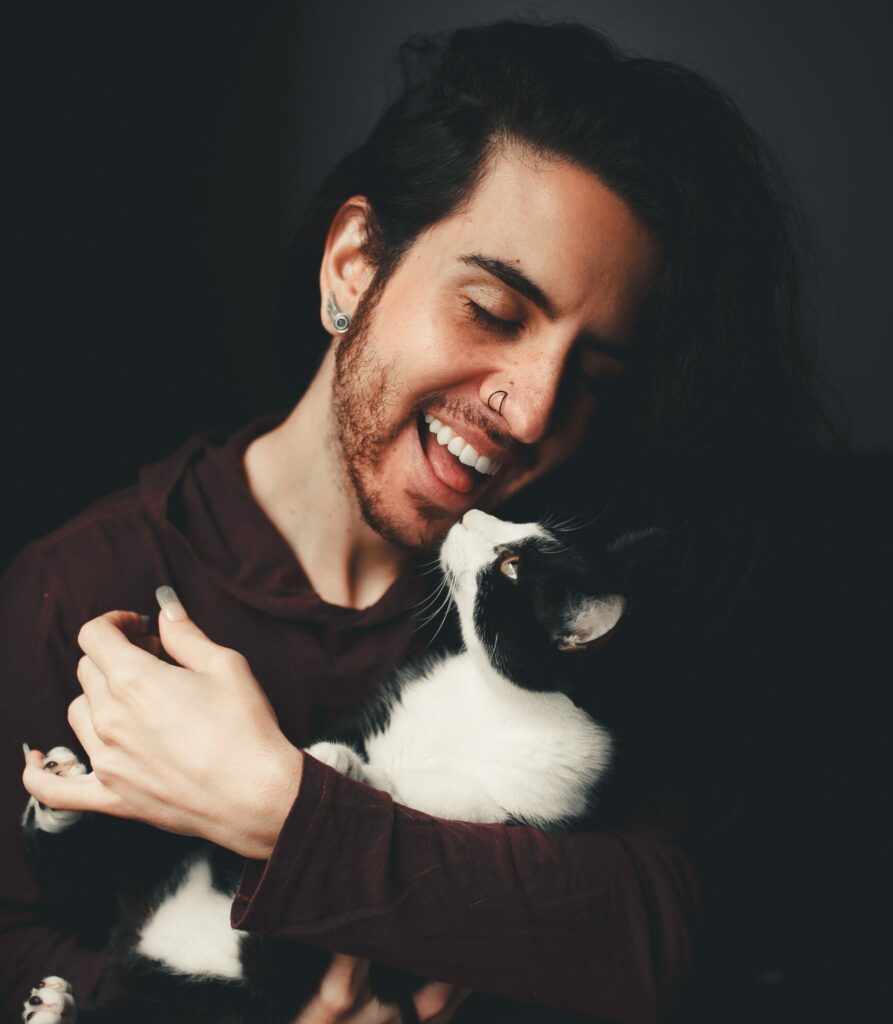
After the decision to euthanize is made and the appointment set, your anticipatory grief process may start or intensify. Be ready for this. It is “normal”. Let yourself cherish the last days, last walk, last night together. It’s okay to feel relief that the uncomfortable trips to the hospital for treatments will be over. Let yourself rage against the unfairness, that you’re not ready, that you didn’t have enough time with your best friend and buddy.

